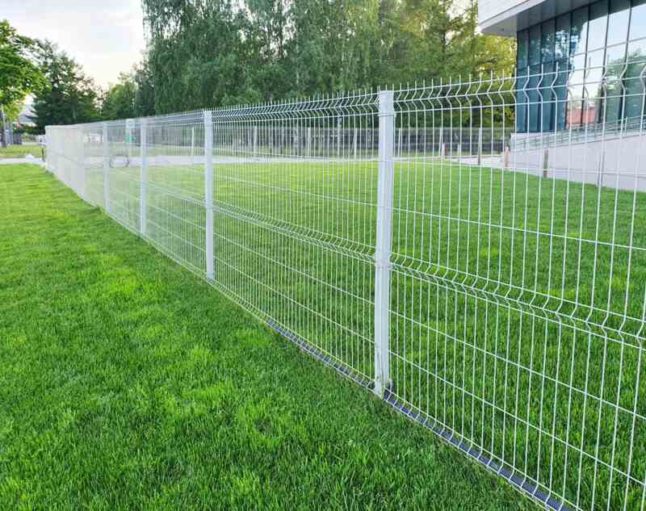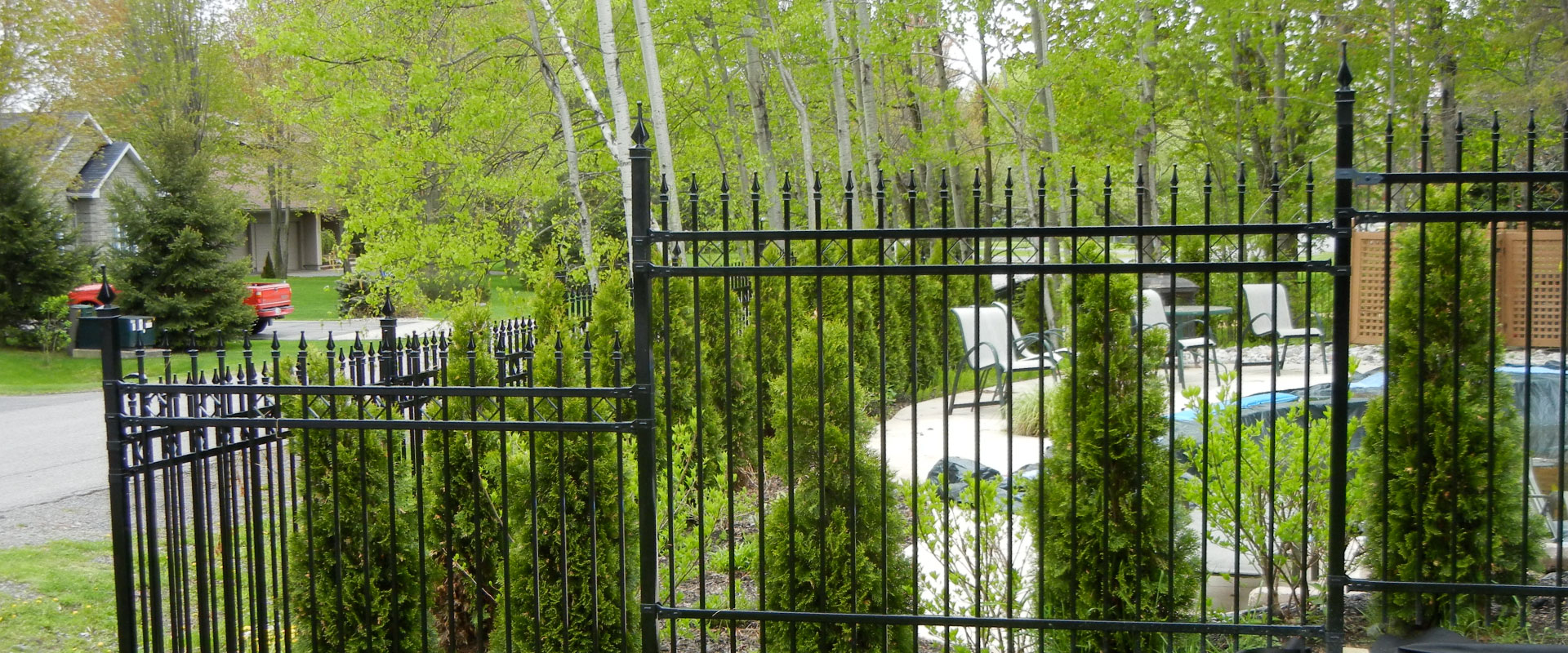All Categories
Featured

Simply like any exterior structure, vinyl fences still need regular cleansing to maintain them looking beautiful and to expand their life-span. Right here are some of the finest methods for cleaning your plastic fencing.
- Routine Dusting and Sweeping. Routine treatment is vital to prevent debris from building up on your vinyl fencing. The most convenient means to maintain your fence is by frequently dusting or sweeping off any type of dirt, leaves, or various other particles that build up.
- Moderate Soap and Water for Regimen Cleansing. For regular upkeep, a basic soap and water solution works wonders. It's an easy, reliable method to clean your vinyl fencing without creating damages. Below's just how to cleanse your vinyl fencing with soap and water:
Action 1: Mix a moderate cleaning agent, such as dish soap, with cozy water in a bucket. Aim for about 1/4 mug of soap for every gallon of water. Action 2: Dip a soft towel, sponge, or non-abrasive brush into the remedy and carefully scrub the surface of the fence. Focus on dust buildup on edges, sides, and low-lying areas where grime may gather. Action 3: After cleaning up the surface area, wash it thoroughly with a garden pipe to eliminate all soap residue. This method is excellent for light dust and grime and can be done every few months to keep the appearance of your fence.
- Use a Power Washing Machine for Stubborn Spots. If you have actually disregarded your vinyl fence for some time, or if it has built-up gunk, mold, or mildew, a power washing machine can be an effective device for deep cleansing. You require to use the correct pressure to prevent harming the vinyl. Below's just how to securely power wash your vinyl fence:

Action 1: Set the power washer to a low-pressure setting, ideally around 1,500-2,000 psi. High pressure can harm the vinyl surface or trigger it to crack. Action 2: Stand a minimum of 2 feet far from the fencing and start splashing from the top down. This helps stop streaks and guarantees that dust is washed off efficiently. Action 3: Move the power washer nozzle in a side-to-side sweeping activity, and make sure to maintain the water pressure consistent. Tip 4: Wash the entire fencing extensively with water to remove dust and cleaning agent residue. Power cleaning is an excellent alternative for big fences or for those with consistent dirt and spots that soap and water can't get rid of.
- Getting Rid Of Mold and Mildew. In shaded or damp locations, mold and mildew and mildew prevail troubles for vinyl fencings. To combat this, you can utilize a remedy of vinegar or bleach to sanitize and eliminate the growth. Here's how to treat mold and mold on your fencing:

Action 1: Mix one mug of white vinegar with a gallon of cozy water. Mix 1/4 cup of bleach with a gallon of water. Action 2: Apply the service to the affected locations utilizing a soft fabric or sponge. Allow it rest for concerning 10-15 minutes. Step 3: Scrub the areas with a non-abrasive brush to raise the mold and mildew or mold off the surface. Tip 4: Wash completely to get rid of any cleansing remedy and particles. If you choose to utilize bleach, beware not to spill it on nearby plants or materials, as it may trigger damage or discoloration.
- Plastic Fence Cleaning Company for Tough Spots. For difficult, persistent discolorations like grease, pen, or tar deposit, you can use a specialized plastic fencing cleaner. These products are made to securely clean plastic without causing damage. Make certain to comply with the product's instructions for ideal outcomes, and test it on a small, low-profile location of the fence first.
- Stopping Future Dust and Stains. While cleaning is necessary, preventing future stains and build-up can make your maintenance routine a lot easier. Take into consideration these pointers for lasting upkeep:
Trim plants: Thick plants, vines, or hedges can catch dampness against your plastic fencing, causing mold development. Cut nearby plants to make sure the fence continues to be clean and dry. Seal fractures and spaces: Evaluate your fencing frequently for cracks or spaces, and seal any type of that you locate to keep dirt and water from getting in the fencing structure. Mount a protective layer: Some property owners use vinyl-safe safety finishes to their fences. These layers can function as a barrier against dust, UV rays, and water, lowering the frequency of deep cleaning needed. 7. Professional Cleaning. If you're unclear regarding cleaning your fence on your own, or if it calls for a deep clean, think about employing a professional. Numerous cleaning firms use fencing cleaning company and have the equipment and experience to tackle challenging spots without harming your fence. They can additionally take care of large or high fences that may be hard to clean on your own.
Final thought. Plastic fencings are low-maintenance, however they still require routine treatment to keep them looking their best. By making use of mild soap and water for regular cleansing, using a power washer for stubborn dust, and dealing with mold or mildew quickly, you can ensure your vinyl fence stays pristine. Regular cleaning, together with safety nets, will lengthen the life of your fence and keep it improving the charm and protection of your building for many years to come.
Latest Posts
Find Out Why Chicago Drivers Select Montclare Auto Repair for Reliable Service and Significant Savings
Published May 26, 25
1 min read
Uncover Premier Auto Repair Care offered by Montclare Auto Repair – Keep Your Car Running Smoothly
Published May 24, 25
1 min read
Discover Reduce Expenses on Car Maintenance with Montclare Auto Repair’s Limited-Time Deals
Published May 23, 25
1 min read
More
Latest Posts
Find Out Why Chicago Drivers Select Montclare Auto Repair for Reliable Service and Significant Savings
Published May 26, 25
1 min read
Uncover Premier Auto Repair Care offered by Montclare Auto Repair – Keep Your Car Running Smoothly
Published May 24, 25
1 min read
Discover Reduce Expenses on Car Maintenance with Montclare Auto Repair’s Limited-Time Deals
Published May 23, 25
1 min read